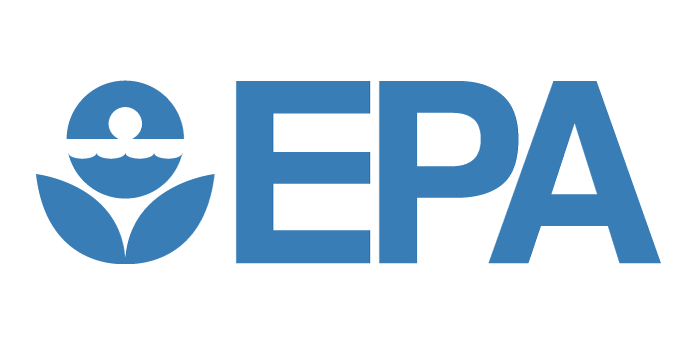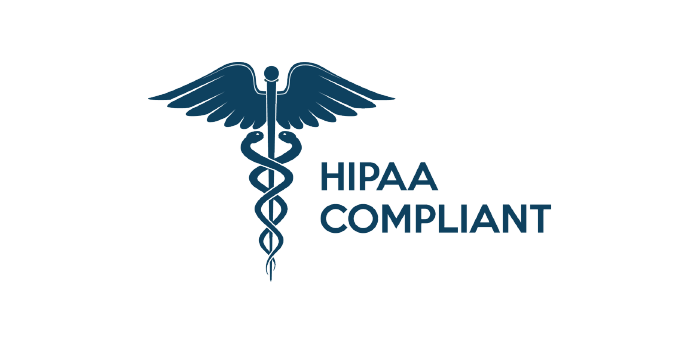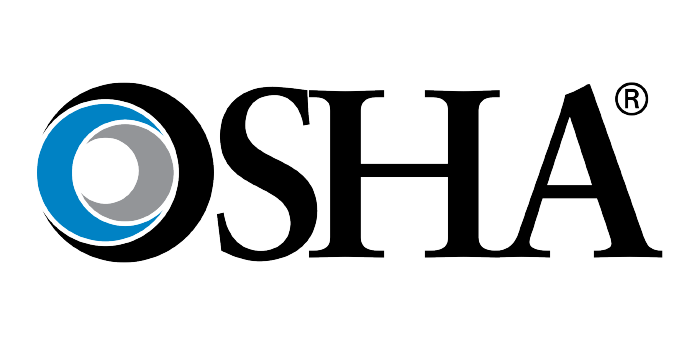Medical Waste Disposal Regulations for Rehab Centers
Common Types of Medical Waste in Rehab Centers
Key Regulations to Follow
Best Practices for Rehab Centers
Rehab centers, especially those providing medical care like injections or wound treatment, generate regulated medical waste. Here’s a quick guide to ensure compliance and safety:
Common Types of Medical Waste in Rehab Centers
- Sharps: Needles, syringes, and lancets from injections or IV treatments.
- Biohazardous Waste: Blood-contaminated gloves, gauze, dressings, and bandages.
- Pharmaceutical Waste: Expired or unused medications, including controlled substances.
- Chemical Waste: Disinfectants, sterilization chemicals, or cleaning solutions.
- Pathological Waste: Tissues or fluids from minor medical procedures.
Key Regulations to Follow
OSHA (Occupational Safety and Health Administration)
- Sharps Management: Place needles and sharp objects in puncture-resistant, labeled sharps containers.
- Train staff on handling bloodborne pathogens and provide PPE.
EPA (Environmental Protection Agency)
- Hazardous Waste: Follow RCRA rules for pharmaceuticals and chemicals, segregating hazardous waste (e.g., certain medications).
DEA (Drug Enforcement Administration)
- Controlled substances (like opioids) must be securely stored, tracked, and disposed of in DEA-compliant disposal systems.
State & Local Regulations
- Most states enforce waste storage time limits (typically 7–30 days for biohazard waste).
- States may require specific treatment methods, like incineration for sharps and contaminated items.
DOT (Department of Transportation)
- Regulates the transport of medical waste to treatment facilities. Use licensed haulers for compliant transport.
Best Practices for Rehab Centers
- Sharps Disposal: Always use sealed, labeled sharps containers. Never recap needles.
- Biohazard Waste: Place blood-soaked materials in red biohazard bags clearly marked with a biohazard symbol.
- Pharmaceutical Waste: Segregate expired or unused medications, especially controlled drugs, and dispose of them using DEA-approved methods.
- Chemical Waste: Store and dispose of disinfectants and cleaning agents safely following EPA guidelines.
- Staff Training: Train staff regularly on OSHA standards, waste handling, and safety procedures.
- Licensed Disposal Providers: Partner with certified medical waste haulers to ensure proper disposal and record-keeping.




